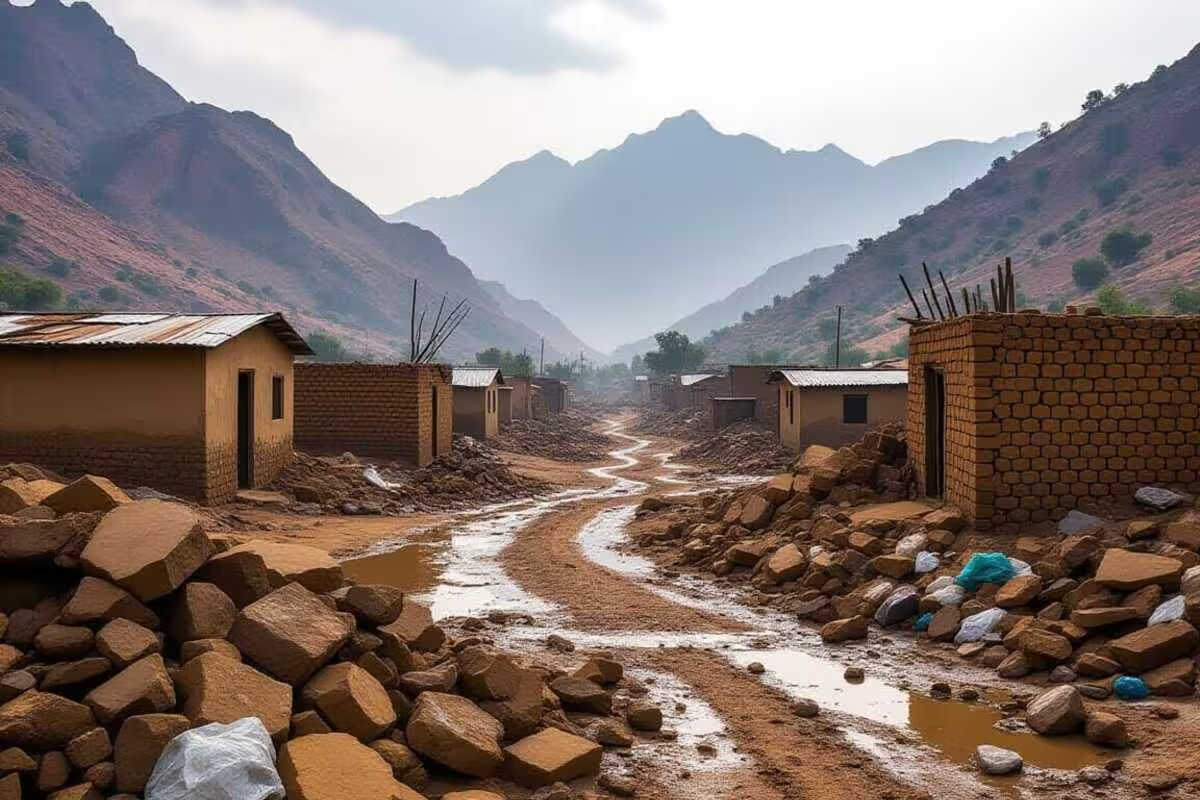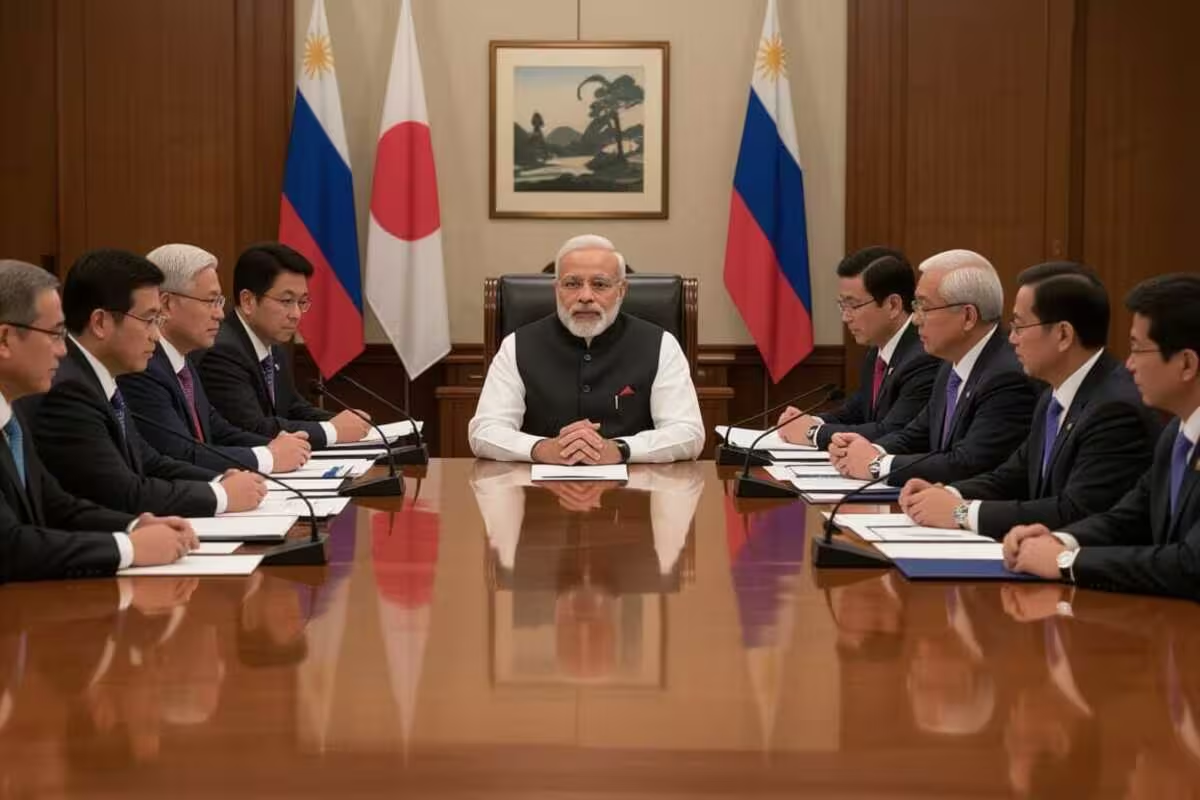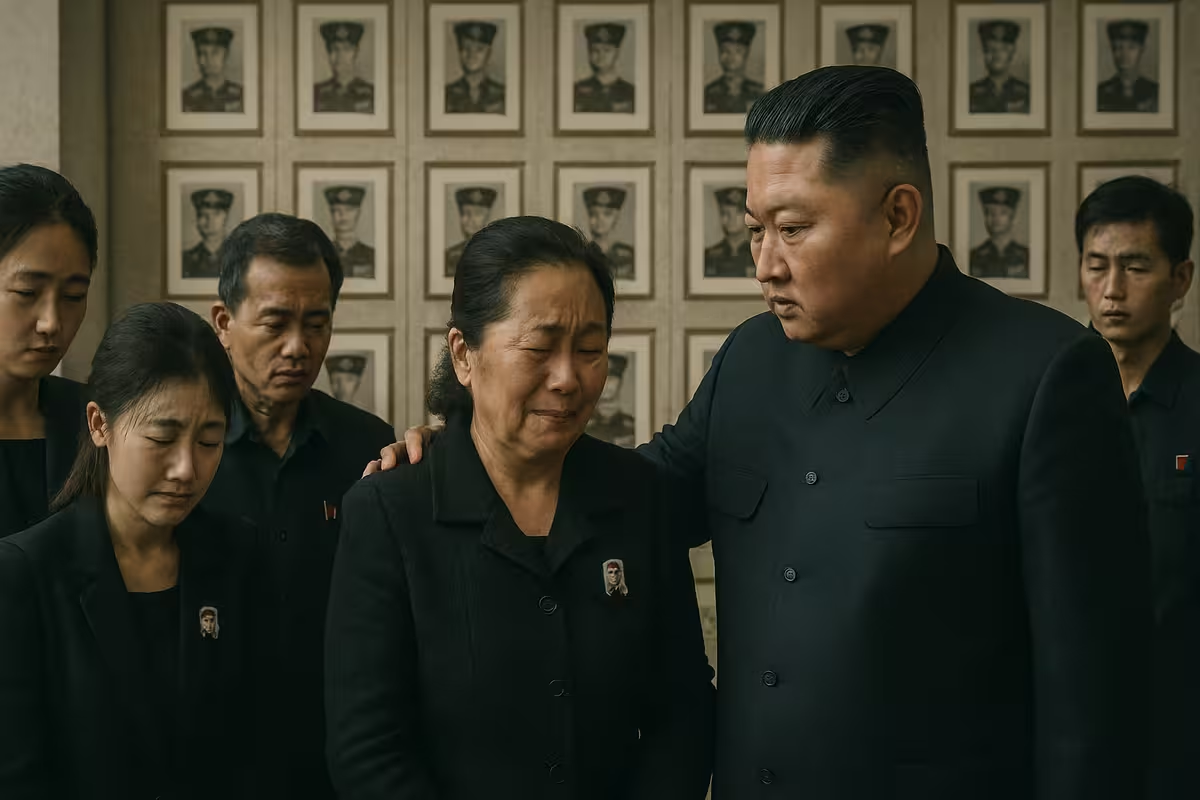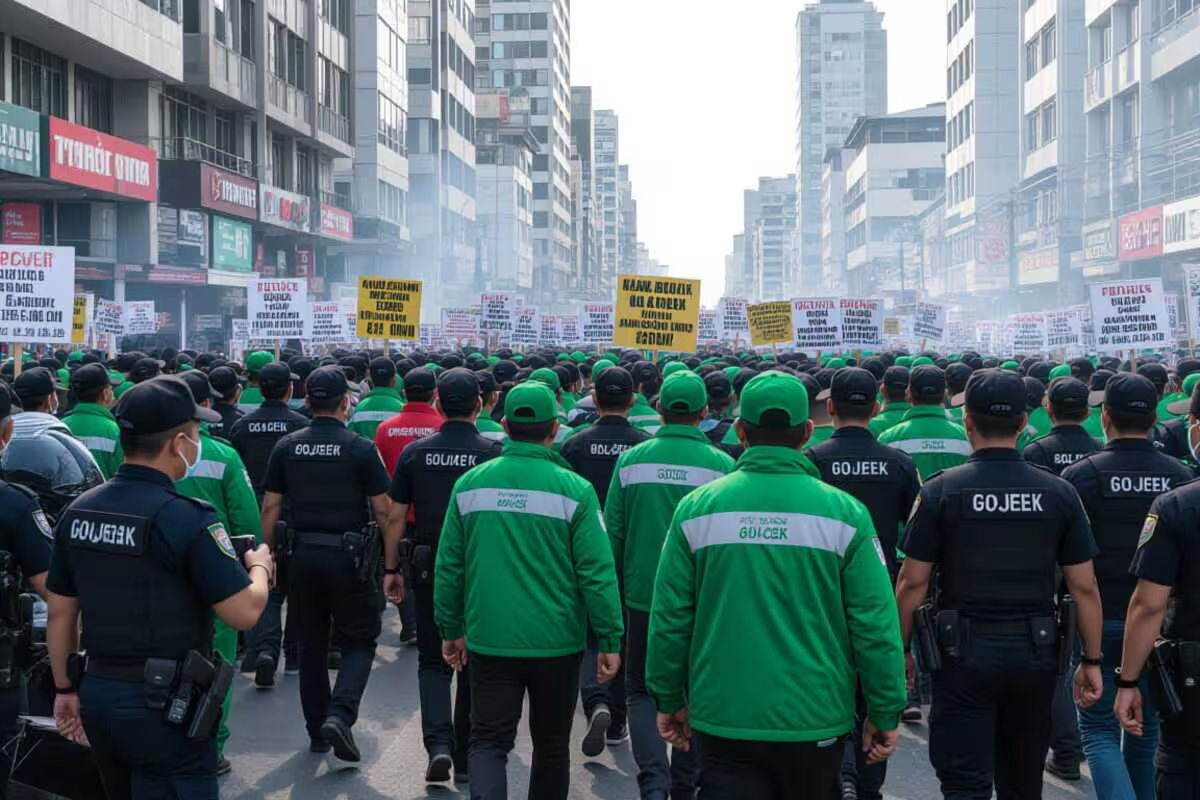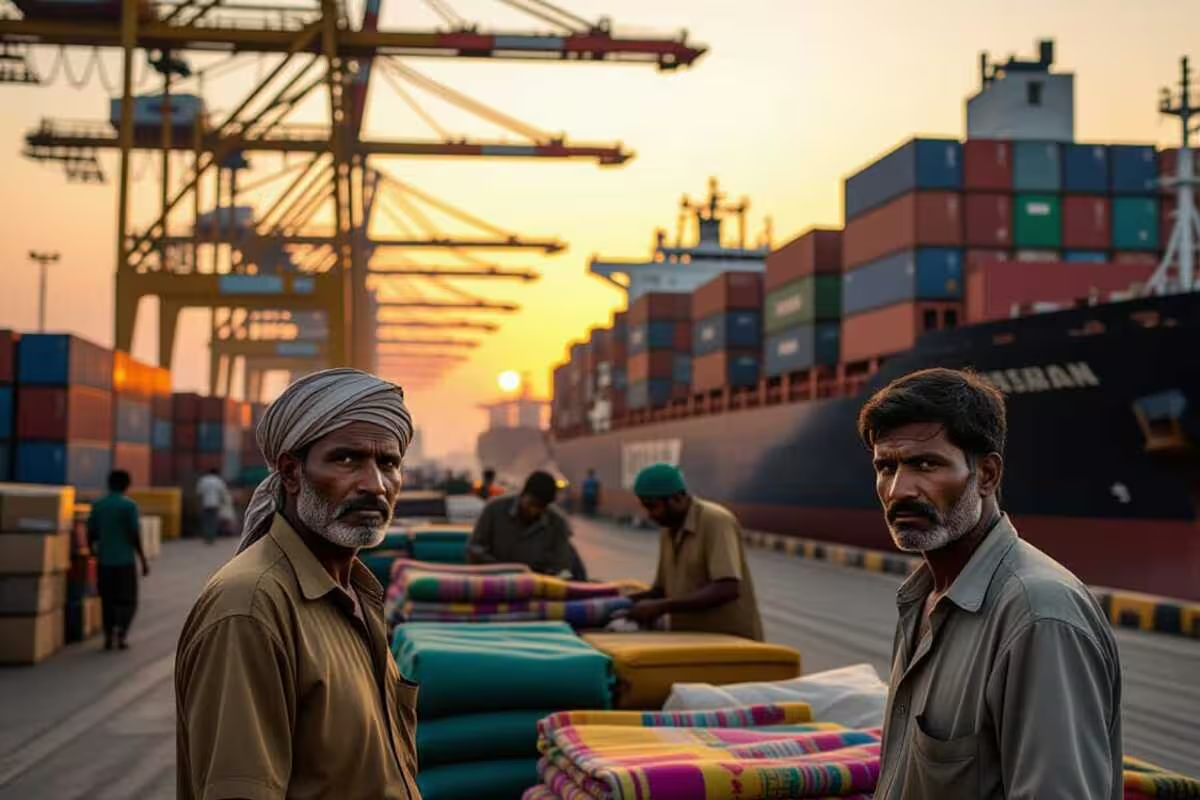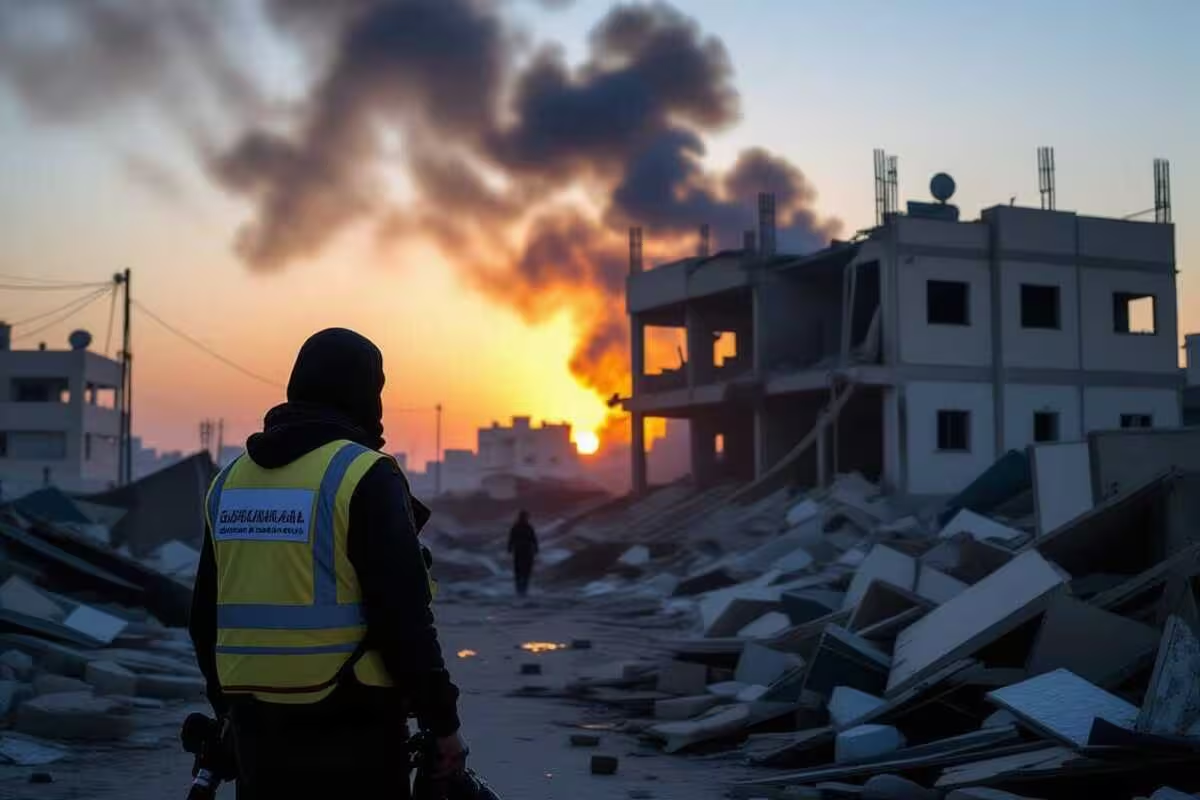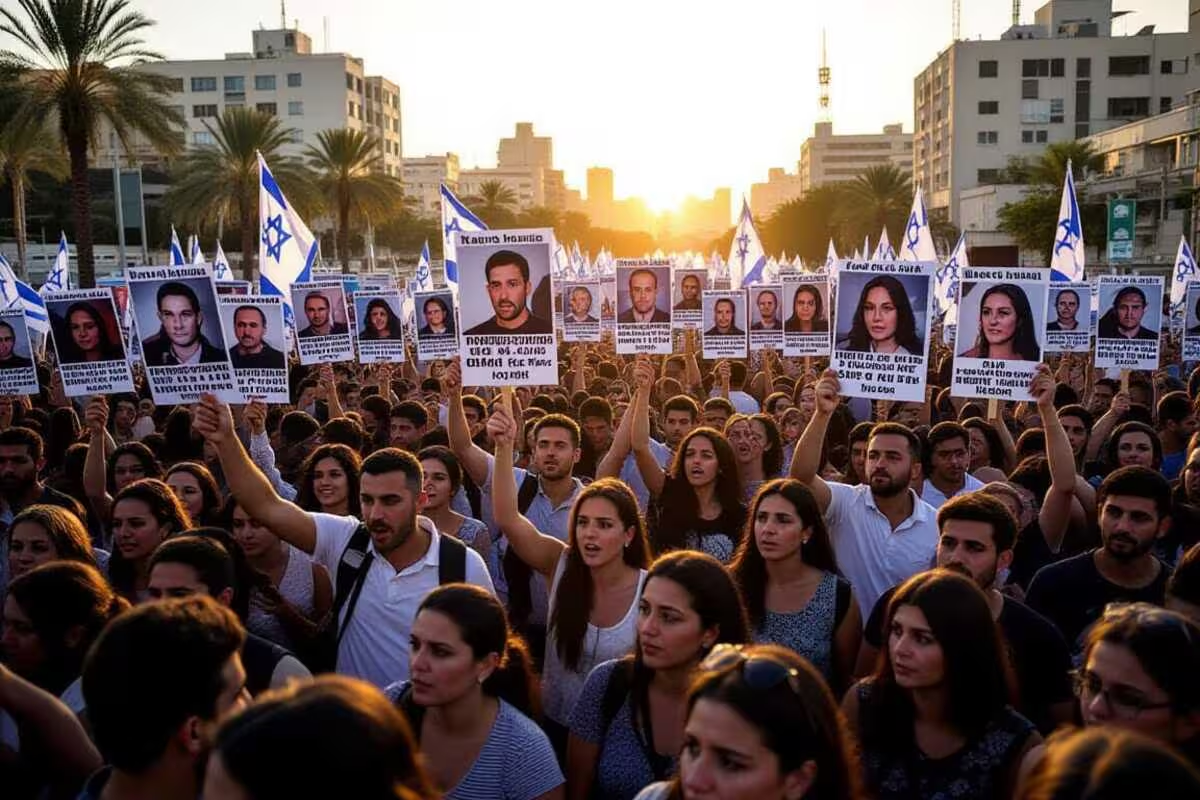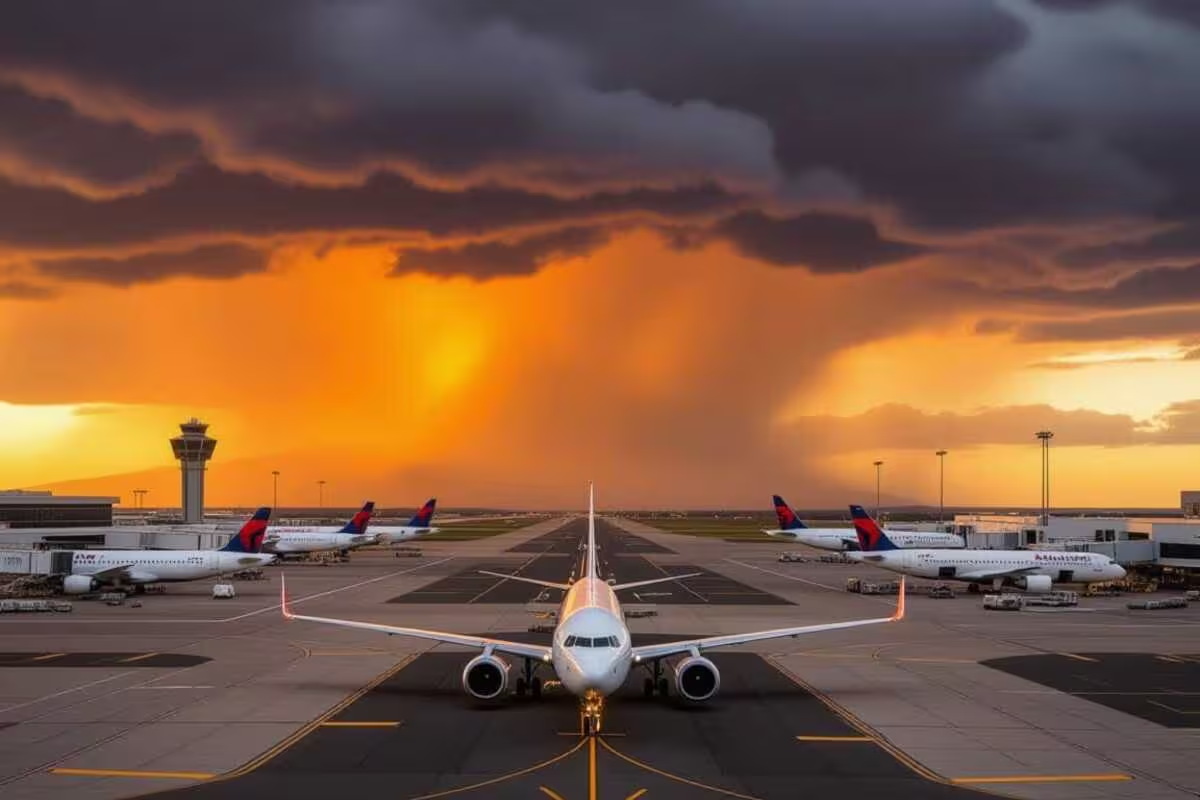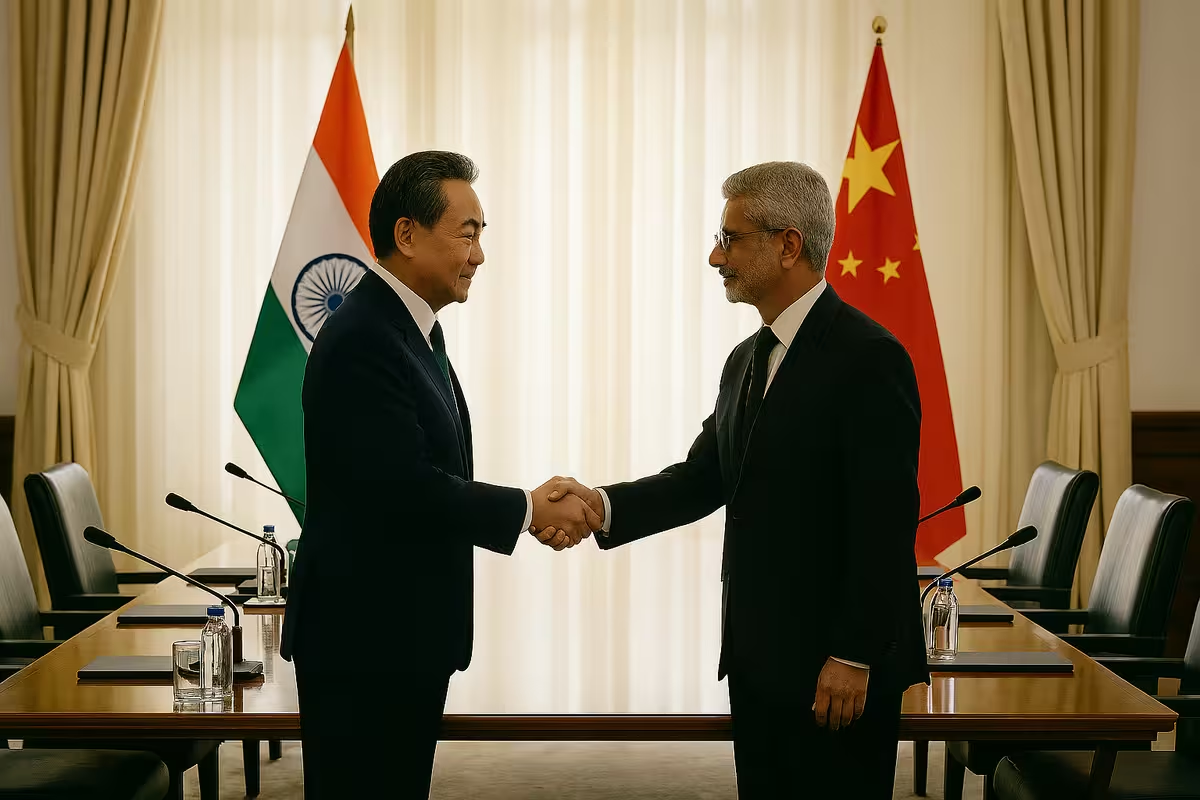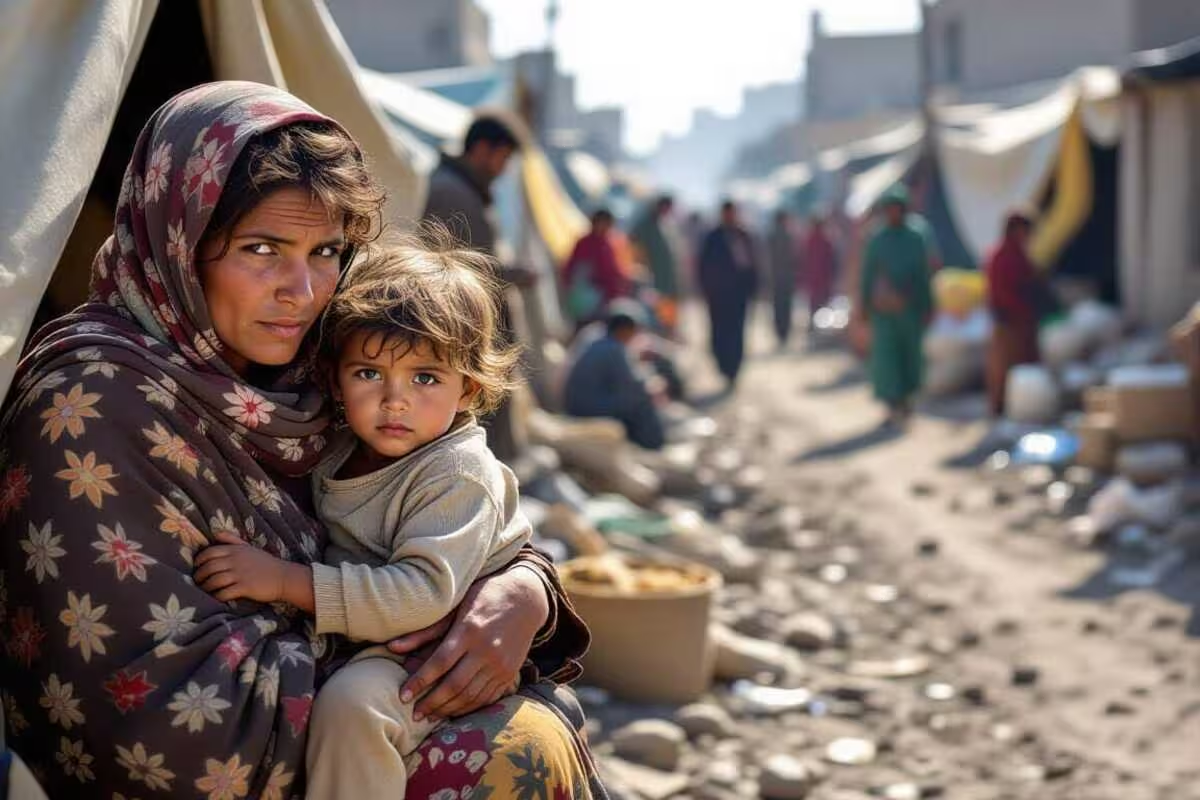India Urges for Immediate De-escalation as PM Modi Speaks with Iranian President Pezeshkian Amidst Middle East Crisis
NEW DELHI, India—June 22, 2025: Prime Minister Narendra Modi today spoke with the Iranian president, Masoud Pezeshkian, and expressed serious concern for further rapid escalation in the Middle East with immediate de-escalation, dialogue, and diplomacy for restoring regional peace and stability. This significant diplomatic outreach follows from the recent U.S. strikes on Iranian nuclear places, further drawing fire into the ongoing conflict between Israel and Iran.
Modi’s Diplomatic Outreach
The telephone talk between PM Modi and President Pezeshkian occurred on Sunday, June 22, 2025, during the most quickly deteriorating security situation in the region. PM Modi stated the deep concern of India regarding the recent escalations while emphasizing the urgent need to prevent further conflict. His message perfectly reiterated the long-standing stand of India advocating peaceful resolution through diplomacy.
Escalation Context
The call comes within hours after the USA launched “massive precision strikes” on three Iranian nuclear facilities—the Fordo, Natanz, and Isfahan—marking a direct involvement in the conflict between Israel and Iran. The United States also acted after a week of very intensive exchanges between the two nations, which have already caused significant damage on both sides. Iran condemned the American attacks, strongly promising retaliation, raising apprehension of a wider regional war.
Consistent Stand of India
India has been consistently advocating restraint and de-escalation from all in the Middle East crisis. External Affairs Minister S. Jaishankar held earlier discussions on this charge with his counterparts from Israel and Iran on the need to contain steps escalating the situation. India’s Ministry of External Affairs officially reiterated, saying New Delhi is “closely monitoring the evolving situation.”
Broader Implications for India
The rising conflict would have dire consequences for India, a massive energy importer whose strategic economic interests lie within the Middle East. Concerns become clear: possible disruptions in global oil supplies, increasing prices for crude oil, and the security of millions of Indian nationals residing and working in that geography. India has already started evacuating its citizens from Iran (Operation Sindhu) and Israel.
Global Calls for Diplomacy
The world is also becoming increasingly concerned by the revelation of the crisis, with United Nations Secretary-General Antonio Guterres reiterating calls for all parties to de-escalate, maintaining that “there is no military solution” to the conflict. Other nations, such as Russia, China, Germany, and the UK, have echoed calls for restraint and a return to diplomatic solutions, showing how apprehensive the world remains with respect to the regional stability issues.



